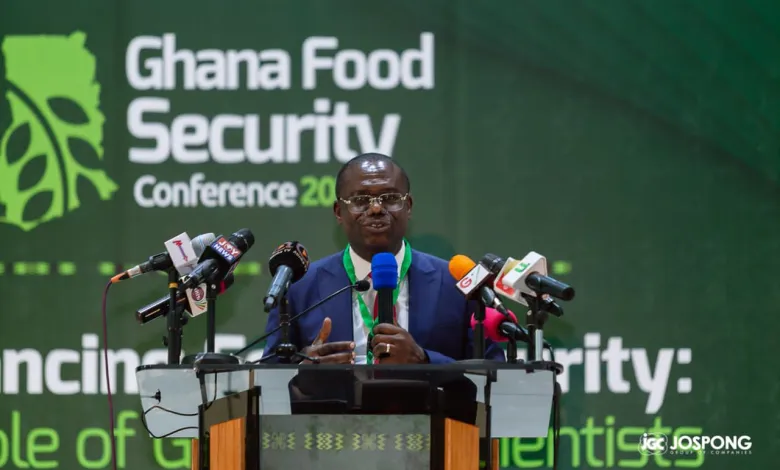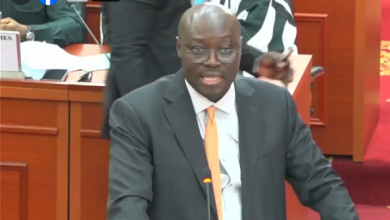Ghana must ban importation of rice, says Jospong

The executive chairman of the Jospong Group of Companies, Joseph Siaw Agyepong, is optimistic that the importation of rice into the country will minimise as the group ventures into a major rice project.
“Where we (JGC) see a problem we confront it and solve it and this project that we have begun the rice importation must end,” Agyepong said at a two-day Ghana food security conference under the theme: “Enhancing food security: the role of Ghanaian scientists” in Gomoa Fetteh in the Central Region.
“Whether policy is supporting or not, never be discouraged, let us do our part and when we begin to yield fruits, policies will change to favour us,” he added.
According to him, if the government takes a bold step to ban rice importation, it will challenge and empower farmers to produce quality rice for the country.
Rice consumption
As of 2020, according to data from the Observatory of Economic Complexity, 950,000 metric tonnes of rice were brought into Ghana, valued at US$391 million in total – US$282 million from Vietnam, US$45.5 million from Thailand, US$27.3 million from India, US$20.6 million from Pakistan and US$5.95 million from China.
Total rice consumption in 2020 amounted to roughly 1.45mn metric tonnes, which is equivalent to per capita consumption of about 45 kilogrammes per annum, and this is expected to increase sharply by 2030.
For her part, the CEO of the Asian African Consortium (AAC), Adelaide Siaw Agyepong, who is leading the Jospong Group rice project said that science, research and development have traditionally been the drivers of innovation and productivity and are central to everything done in the world.

According to her, if immediate measures to enhance food production are not undertaken, the cost of Africa’s yearly food import might rise from US$50 billion to US$110 billion by 2030.
“When there is a food crisis, the poor suffer the most since they are unable to obtain food due to price hikes,” she noted .
She said this motivated the Jospong Group of Companies and the AAC in partnership with the CSIR to “perceive” the need to bridge Ghana’s food security gaps.




